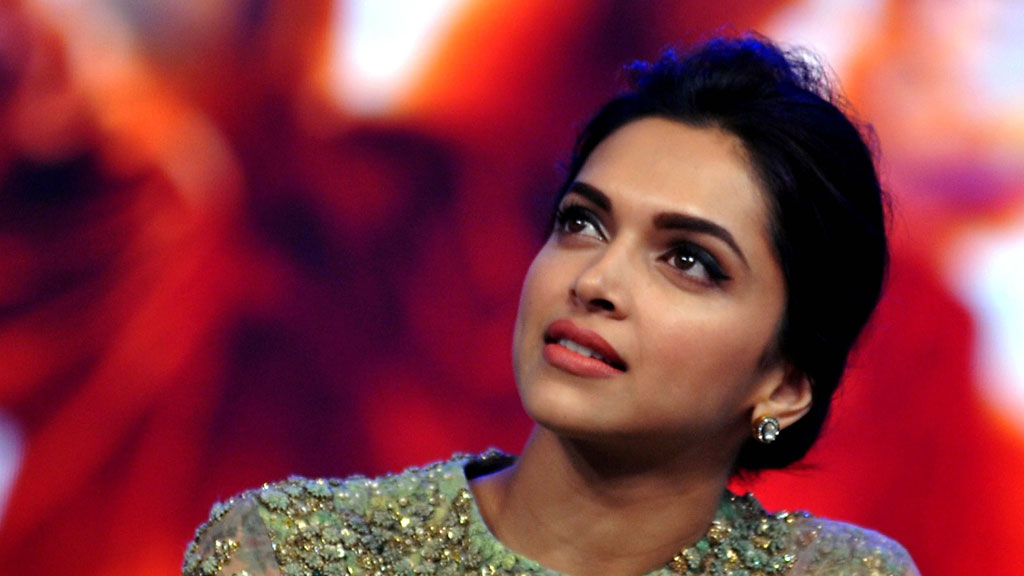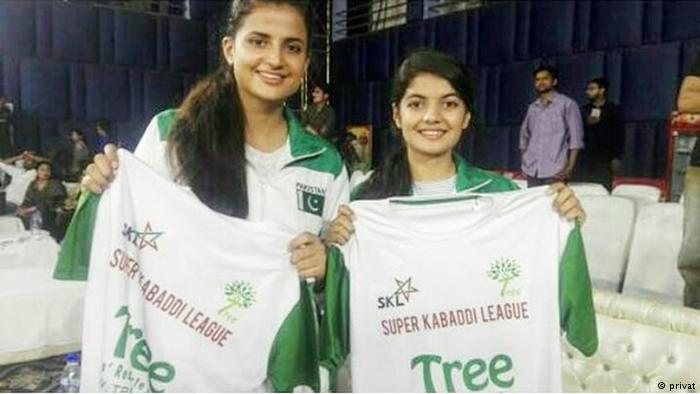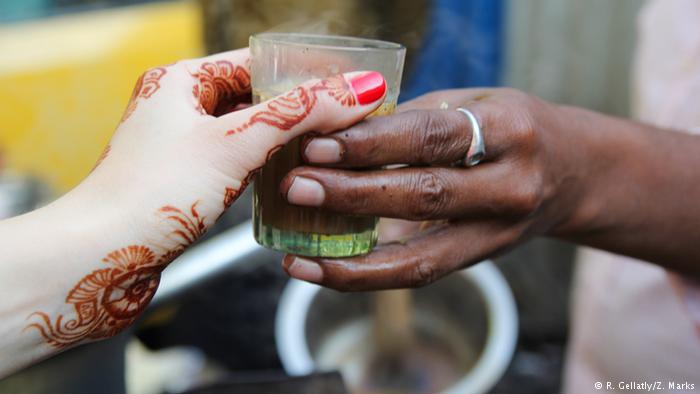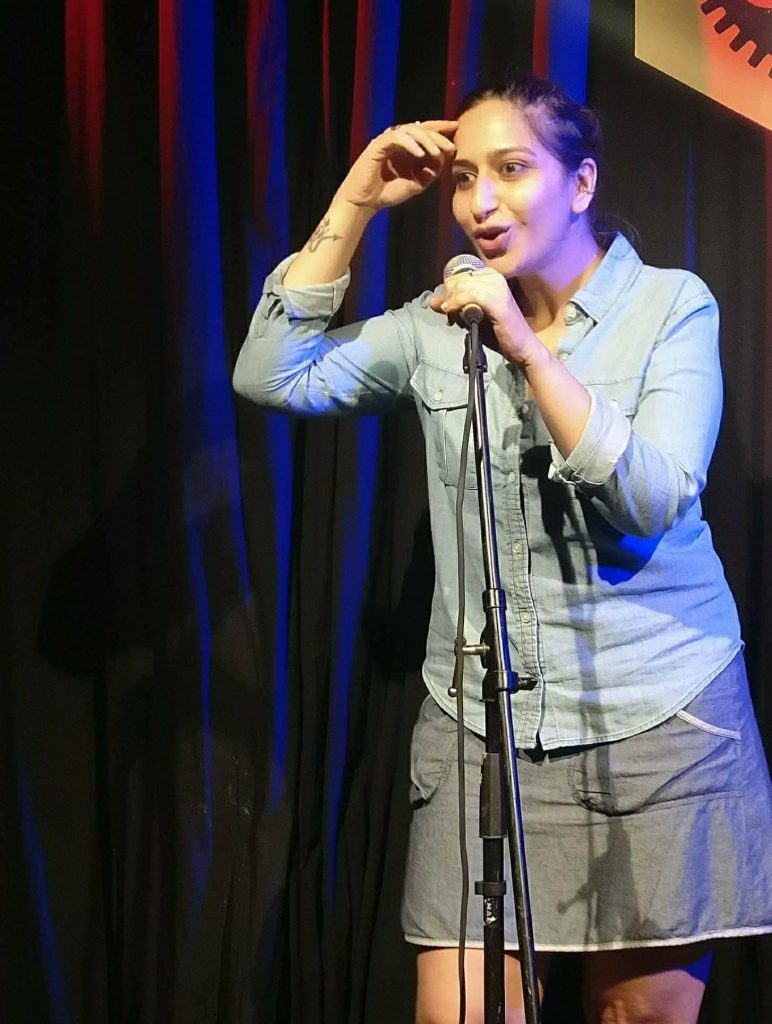The dilemma of #Mychoice
India’s elite is once again getting excited about a video. This time it is a 2-minute video starring Bollywood actress Deepika Padukone and 98 other women including famous names like Director Zoya Akhtar and actress Nimrat Kaur. Padukone’s video ‘My Choice’ is the latest in the series of the Vogue Empower campaign that aims to raise awareness about women’s rights in the country.
The movement to empower India’s women has taken center-stage since the Nirbhaya rape case in December 2012. Since then an increasing number of urban women are reporting sexual harassment. The country’s media has taken a special interest in the issue allotting primetime to talk-shows and special format programs with experts on the Panel debating the urgent needs of the women in the country. Hashtags like #women #empowerment #feminism are trending topics on Twitter and the young and old are participating actively in the debate. While all this is fine, my problem is that from where I sit, I see a worrying trend emerging.
I love this #VogueEmpower video, but I can’t help think there’s something elitist in it, too urban, too upper class: http://t.co/CYcdeMCve7
— Aseem Chhabra (@chhabs) 28. März 2015
I notice that a growing section of urban women now resort to mob-lynching to bring down what they term ‘perverts’ and a growing number of men is deeply offended by women who show a blatant disregard for tradition. A war is on and there is a lot of debate going back and forth with little result. We have managed to establish the fact that patriarchy is deeply entrenched in the society and something needs to be done about it. Unfortunately, in the course of the last two years, many have lost sight of the goals that were pledged after the horrific incident came to light. The aim of the outcry was to empower women by giving them more security and by raising awareness among men to them with respect. The goal was to empower women to be stronger women; the goal was not to empower women to become like men, the very kind we despise for asserting their authority and treating women with disrespect.
So women should be able to do whatever they want without being judged. Agree. But let the same apply to men too, no?
— Chetan Bhagat (@chetan_bhagat) 30. März 2015
Padukone’s video is an example of how the debate on women’s empowerment has been sidetracked. Vogue India’s collaboration with top-notch directors starring a gorgeous Bollywood actress could have been a useful platform to engage the general public and raise awareness. Instead they chose to make a mockery of the sacred institution of marriage, they chose to undermine the torment that overweight women are subjected to, they chose to disregard the stigmatization suffered by the LGBT and called the video #Mychoice.
Video by @deepikapadukone is what womens empowerment shd NOT be interpreted as.Equality is about livelihood/opportunities not sex/vanity
— Sagarika Ghose (@sagarikaghose) 30. März 2015
#Mychoice tilts in favour of this video below made by Director Ankur Poddar as a response to the Vogue video.
The rest dear reader is your choice. Let me know what you think in the comments section below.
Author: Roma Rajpal
Editor: Marjory Linardy
Roma Rajpal Weiß is an Indian Blogger and Journalist and can be followed @romarajpal
WTO RECOMMENDS
5 great South Asian websites on women’s themes
Talking about women’s rights in South Asia need not be a serious matter all the time. Here is a selection of websites which tackle women’s themes with a personal touch.
Fight for Women’s Rights Everywhere
I was involved in a discussion started by a friend of mine a couple of days ago. In his opinion, “women’s rights are hardly an issue in most developed western countries in comparison to 100 years ago.” So he thinks that “what liberated woman and supportive men of these western countries need to do is go to a country that really does have woman impediments, and make a difference for them.”
The rights of Afghan women are at risk again
A council of clerics has put forward a series of recommendations to President Karzai that would drastically restrict women’s rights in Afghanistan. Activists fear the government might bow too easily to the pressure.







